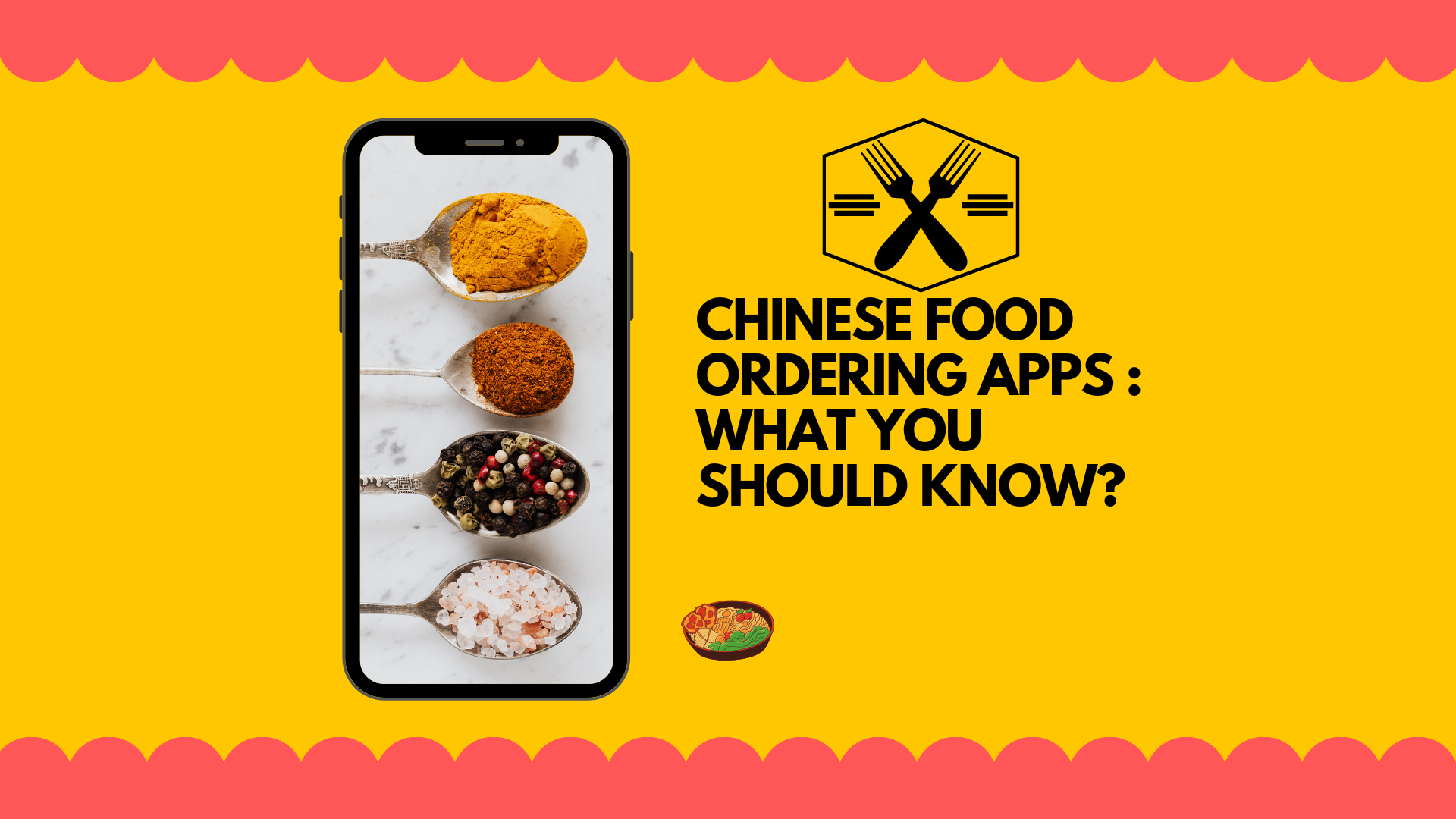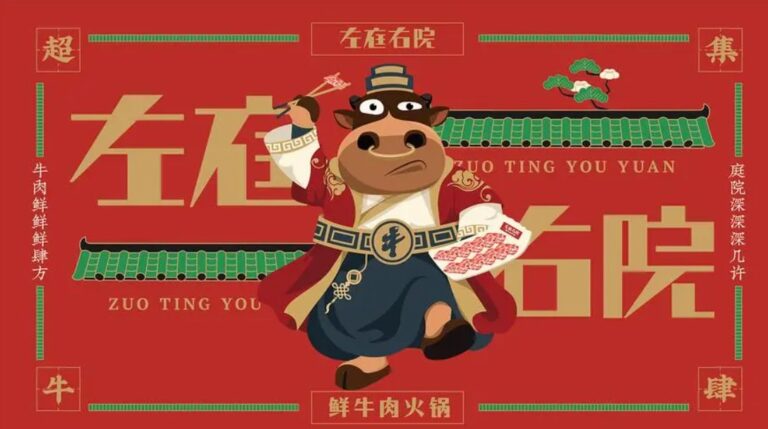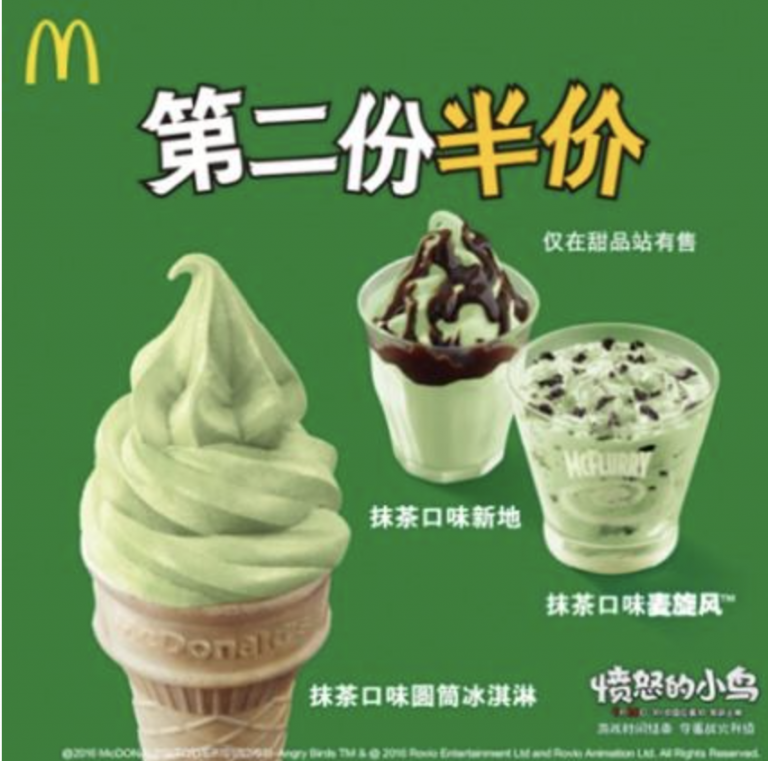Chinese food ordering apps have revolutionized the way people order and enjoy their favorite Chinese dishes. These apps offer a convenient and efficient way to browse through a wide variety of menus, place orders, and have food delivered right to their doorstep. With user-friendly interfaces and secure payment options, Chinese food ordering apps have become increasingly popular among food enthusiasts, making it easier than ever to satisfy cravings for delicious Chinese cuisine.
According to the Beijing Food and Drug Administration, in Beijing’s city, there are more than 1,8 million delivery orders per day. Ordering food has become a habit for numerous Chinese people. Without a doubt, this is a burgeoning market.
Need a cost effective TP (Tmall Partner) to sell in China?
We are an Official Tmall Partner e-commerce Agency. Our Services: E-Commerce, Search Engine Optimization, Advertising, Weibo, WeChat, WeChat Store & PR.
However recently, three of China’s most popular online food delivery platforms have dropped thousands of illegal takeaway shops from their platform.
Nowadays, it is almost unavoidable to collaborate with these O2O (online-to-offline) platforms. This article will present you with some Chinese delivery apps and what restaurants should keep in mind.
The Chinese Food Ordering Apps Market Overview
Chinese food ordering apps have seen a significant rise in popularity in recent years. With the convenience of ordering food from the comfort of one’s home or office, these apps have revolutionized the way people in China order their meals.
One of the most well-known Chinese food ordering apps is Meituan. Meituan is a leading platform that offers not only food delivery services but also hotel bookings, movie ticket purchases, and more. It has a vast network of restaurants and delivery drivers, ensuring quick and efficient delivery to customers.
Another major player in the food delivery industry is Ele.me, which was acquired by Alibaba in 2018. Ele.me focuses on food delivery services and has a wide range of restaurant options available for customers to choose from. It offers various features such as real-time tracking of the delivery, customer reviews, and ratings.
Other popular Chinese food ordering apps include Baidu Waimai, Dianping, and Koubei. These apps provide similar services, allowing users to order their favorite dishes from a wide selection of restaurants.
The Chinese food delivery app market is highly competitive, with each platform striving to attract more users and increase its market share. These apps offer various promotions, discounts, and loyalty programs to incentivize customers to choose their platform over others.
In recent years, the COVID-19 pandemic has further boosted the demand for food delivery services in China. With people staying at home and avoiding crowded places, food ordering apps have become even more essential for many consumers.
Overall, Chinese food ordering apps have transformed the way people in China order food, providing convenience and a wide range of options. As the market continues to evolve and innovate, we can expect to see further advancements in technology and services offered by these apps.
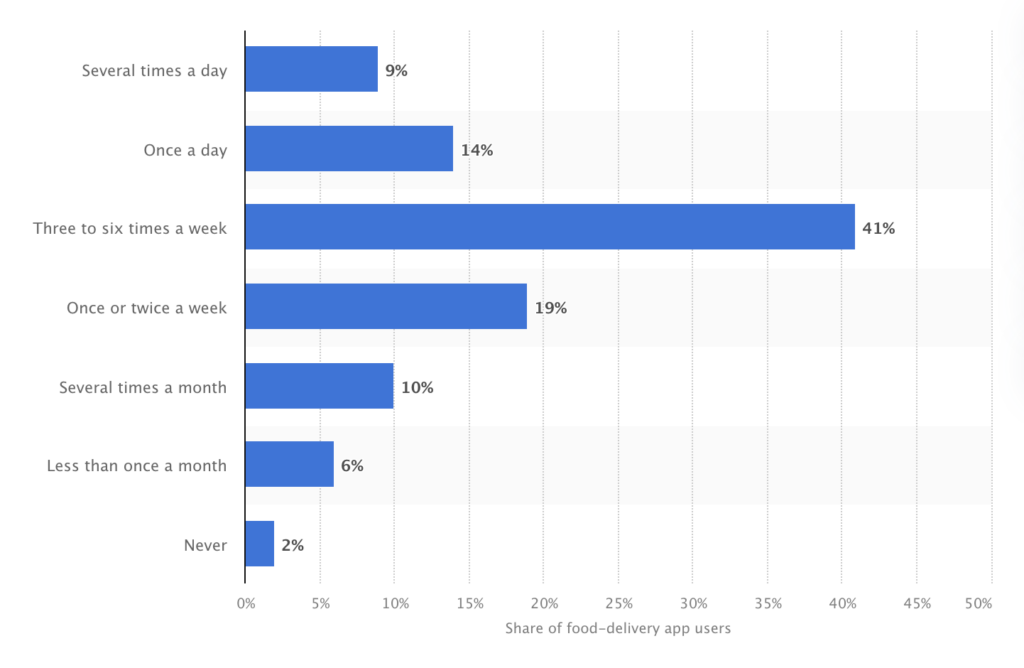
According to a survey conducted by Rakuten Insight in April 2023, approximately 83% of respondents from China reported ordering food from Chinese apps at least once a week. Only about 2% of respondents stated that they never used food delivery apps.
Why is food delivery so popular in China?
Chinese food delivery apps are extremely popular for several reasons. Firstly, China has a large population and fast-paced lifestyles, which means that many people don’t have the time or energy to cook their own meals. Asian food delivery offers a convenient solution for busy individuals who want to enjoy a hot meal without the hassle of cooking.
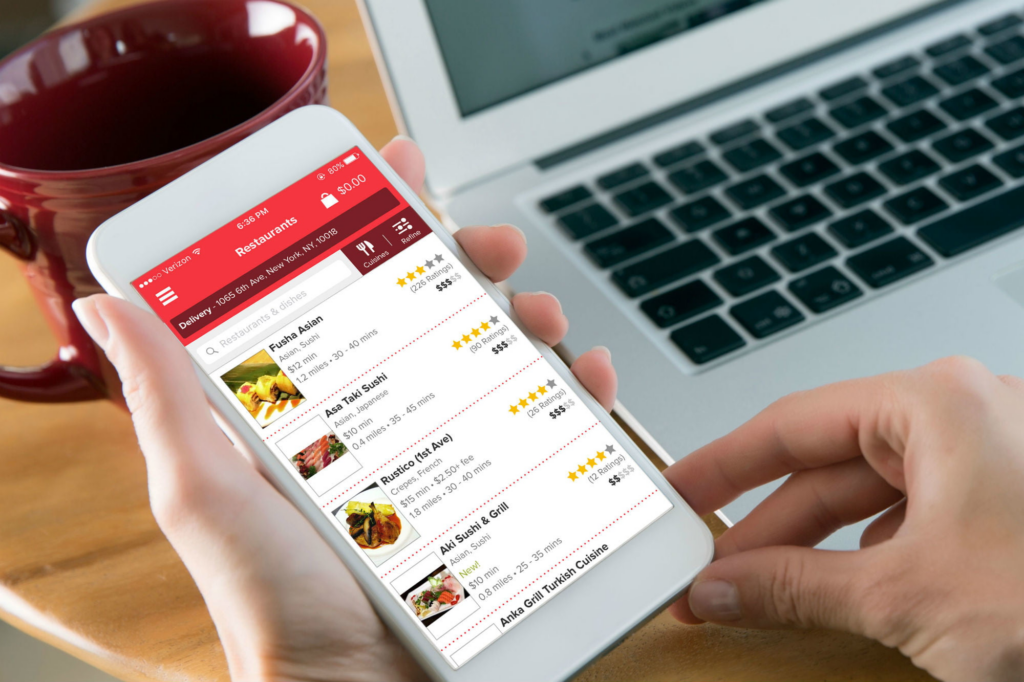
Secondly, the rise of mobile internet and smartphone usage has made it easier than ever to order food online. Many food delivery platforms have user-friendly apps that allow customers to browse menus, place orders, and track deliveries in real time.
Additionally, food delivery in China is known for its efficiency and speed. Many delivery services guarantee quick delivery times, often within 30 minutes or less. This level of convenience and speed has made food delivery a preferred option for many Chinese consumers.
Lastly, the COVID-19 pandemic has further fueled the popularity of food delivery in China. With social distancing measures and lockdowns in place, many people turned to food delivery as a safer alternative to dining out.

Overall, the combination of convenience, speed, and a tech-savvy population has contributed to the immense popularity of food delivery in China.
The 5 most popular food delivery apps in China

The following are some of the most popular food delivery apps in China:
Meituan Waimai (Meituan-Dianping)
Meituan Waimai, often simply known as “Meituan”, is one of the leading food delivery apps in China. It offers food delivery from a vast number of restaurants and is available in many cities across the country.
Ele.me:
Ele.me, which translates to “Are you hungry?”, is another major player in China’s food delivery market. It’s backed by Alibaba Group and operates nationwide.
Didi Waimai
Originally known primarily for its ride-hailing service, Didi Chuxing has also entered the food delivery market with Didi Waimai, providing another popular platform for ordering food in various Chinese cities.
Baidu Waimai
Previously owned by the internet giant Baidu and then sold to Ele.me, Baidu Waimai was still operating independently in some areas as of my last training cut-off.
Sherpa’s
While smaller compared to the other services, Sherpa’s is popular in large cities like Shanghai and Beijing. Sherpa’s focuses more on the expat community, offering delivery from a variety of Western and high-end restaurants and providing services in English.
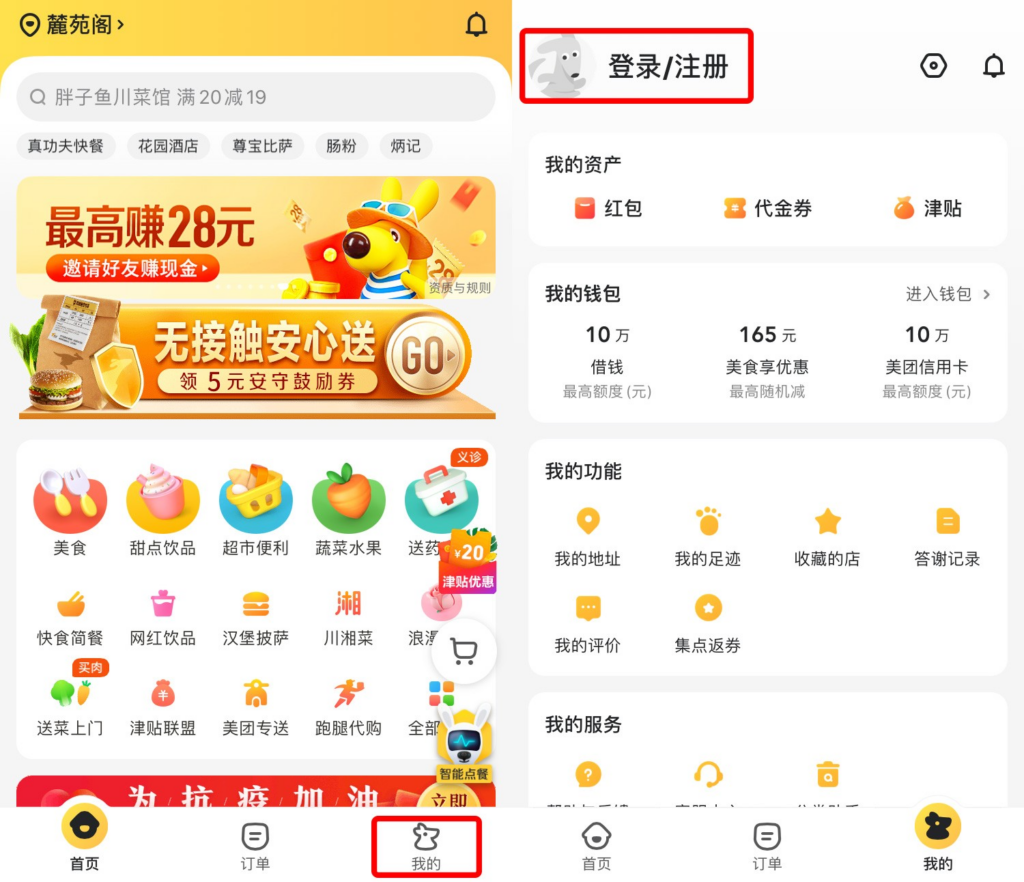
These are the best food delivery apps in China that deliver delicious food. But there are a couple of other food delivery apps that are also worth a mention:
- Dianping: Originally a restaurant review app similar to Yelp, Dianping, owned by Meituan, has expanded to include food delivery services. Users can also book hotels and buy movie tickets on the platform.
- Koubei: This is another Alibaba-backed platform that focuses more on local life services, which includes food delivery from nearby restaurants.
- Jinri Toutiao: Known as a news and information content platform, Jinri Toutiao launched its food delivery service in select cities to compete with major players like Meituan Dianping and Ele.me.
- Daojia: This platform, owned by JD.com, initially focused on grocery delivery but later expanded to prepared food delivery as well.
- 7Fresh: Also owned by JD.com, 7Fresh started as a fresh food supermarket chain and later launched a delivery service that delivers meals as well as groceries.
- Meican: Meican is a food delivery platform specializing in providing corporate meal services. It collaborates with a large number of restaurants to provide food delivery services for companies.
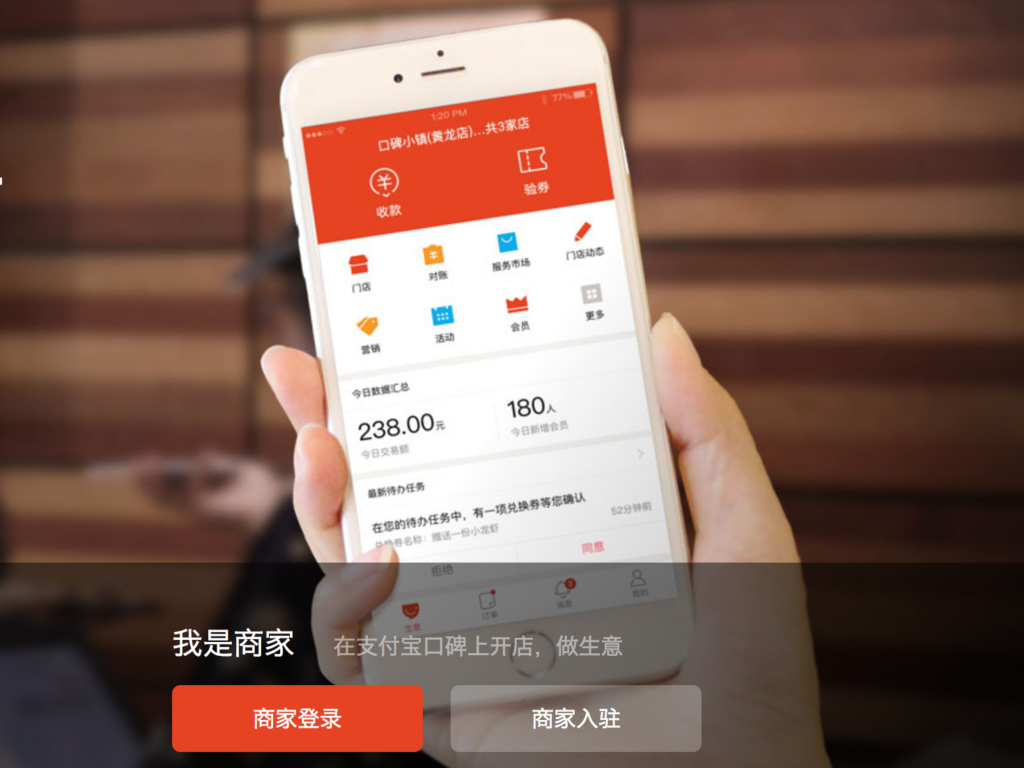
China Food safety and illegal vendors
Food apps are facing troubles recently, the Beijing FDA has uncovered over 20,000 illegal food vendors since the “Measures for the Supervision and Administration of Food Safety in Online Catering Services” came into effect in January. Food delivery services are pushed to take the necessary measures to keep the number in check.
This kind of problem already happened in the past. On Dianping’s app, it was found that a license-free restaurant settled in its platform by using the license of another one. After the real owner discovered and submitted this problem to Dianping, it removed the store from its platform but with no other action.

Hoping to crack down on food safety violations in the city, Baidu Waimai, Meituan Waimai, and Ele.me have launched their own investigation in Beijing against unqualified food vendors. As of May 12, 4,413 vendors had been blacklisted and taken down from Baidu Waimai, 7,247 vendors from Meituan Waimai and 7,926 from Ele.me.
Using food delivering apps became a way of life
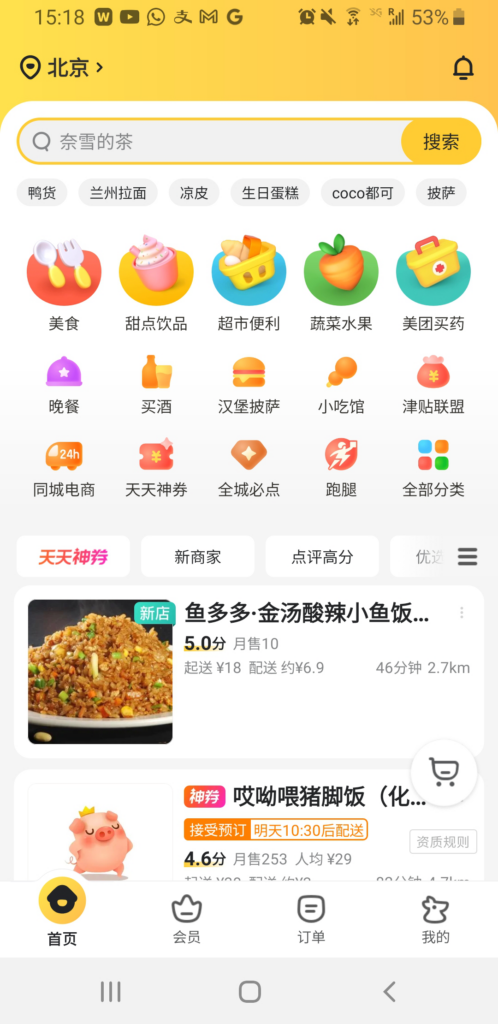
China’s food delivery market registered fast growth in 2022, hitting 941.74 billion RMB. With the development of delivery services, which is quite rapid, Chinese people (especially young Chinese) get more and more used to ordering their meals (jiao wai mai) instead of cooking by themselves.
It is possible to be delivered even if it is just for a beverage or a package of coffee. Moreover, the quick lifestyle pushes people to adopt this means because they need to optimize their time.
We also notice that among the products sold online, food is one of the most promising categories. If in the beginning, people worried about the quality, the problem of trust in food purchased on the internet is fading out with time.

The need to manage online reputation in China
There are several apps to use in order to get more visibility online but it also needs to be managed. The ranking, ratings, comments, and quality of the information are important things to attract consumers. On Dianping for example, most of them will only check restaurants presented at the top of their research.
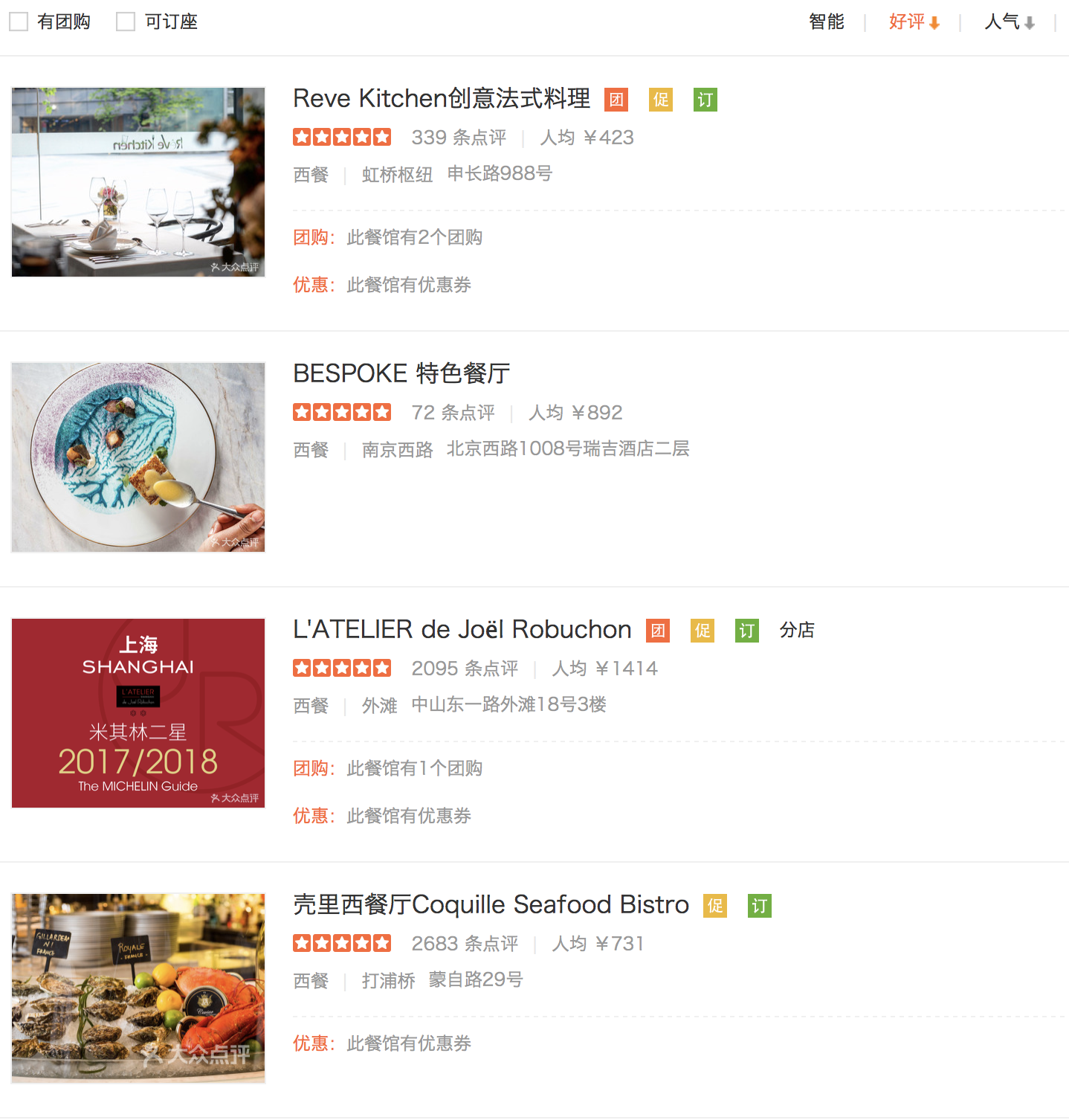
Chinese consumers were already quite careful about what they are eating. We can feel that after these problems on food safety and illegal restaurants, they will pay more attention on what they are ordering.
How to pay on Chinese Food Delivery Apps?
On Chinese food delivery apps, there are typically several payment options available. Here are some common methods of payment:
- WeChat Pay: is a popular mobile payment method in China. It is linked to your WeChat account, and you can use it to make payments on food delivery apps by scanning QR codes or selecting WeChat Pay as your payment method.

- Alipay: Alipay is another widely used mobile payment platform in China. Similar to WeChat Pay, you can link your Alipay account to the food delivery app and use it to make payments.
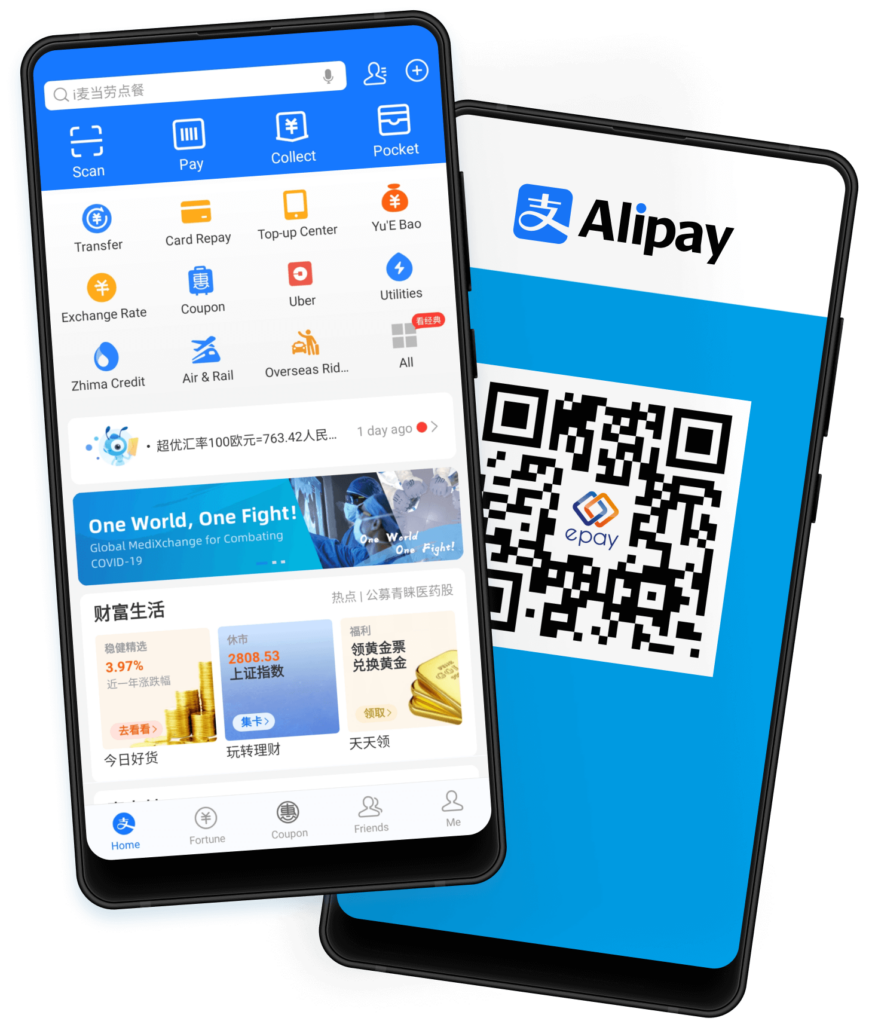
- Bank Cards: Many food delivery apps in China also accept payment through bank cards, including credit cards and debit cards. You can enter your card details on the app to complete the payment.
- Cash on Delivery: Some food delivery apps may also offer the option of cash on delivery, where you can pay the delivery driver in cash when your order arrives.
We are your local partner in China! Contact us!
Chinese food ordering apps have revolutionized the way people order and enjoy Chinese cuisine. These apps provide convenience, a wide variety of options, and user-friendly interfaces. With just a few taps, users can have their favorite Chinese dishes delivered right to their doorstep.
The popularity of these apps continues to grow, making them an essential tool for anyone craving delicious Chinese food.

We are a China-based marketing agency offering cost-effective solutions to foreign brands interested in tapping into the Chinese market. Our team of Chinese and foreign experts has the experience and know-how needed to succeed in this lucrative, yet complicated market.
Gentlemen Marketing Agency offers many digital marketing and e-commerce solutions, such as web design, e-commerce and social media marketing strategies, localization, market research, KOL marketing, and more.

Don’t hesitate to leave us a comment or contact us, so that we can schedule a free consultation with one of our experts, that will learn about your brand and present you the best solutions for your China market strategy.


